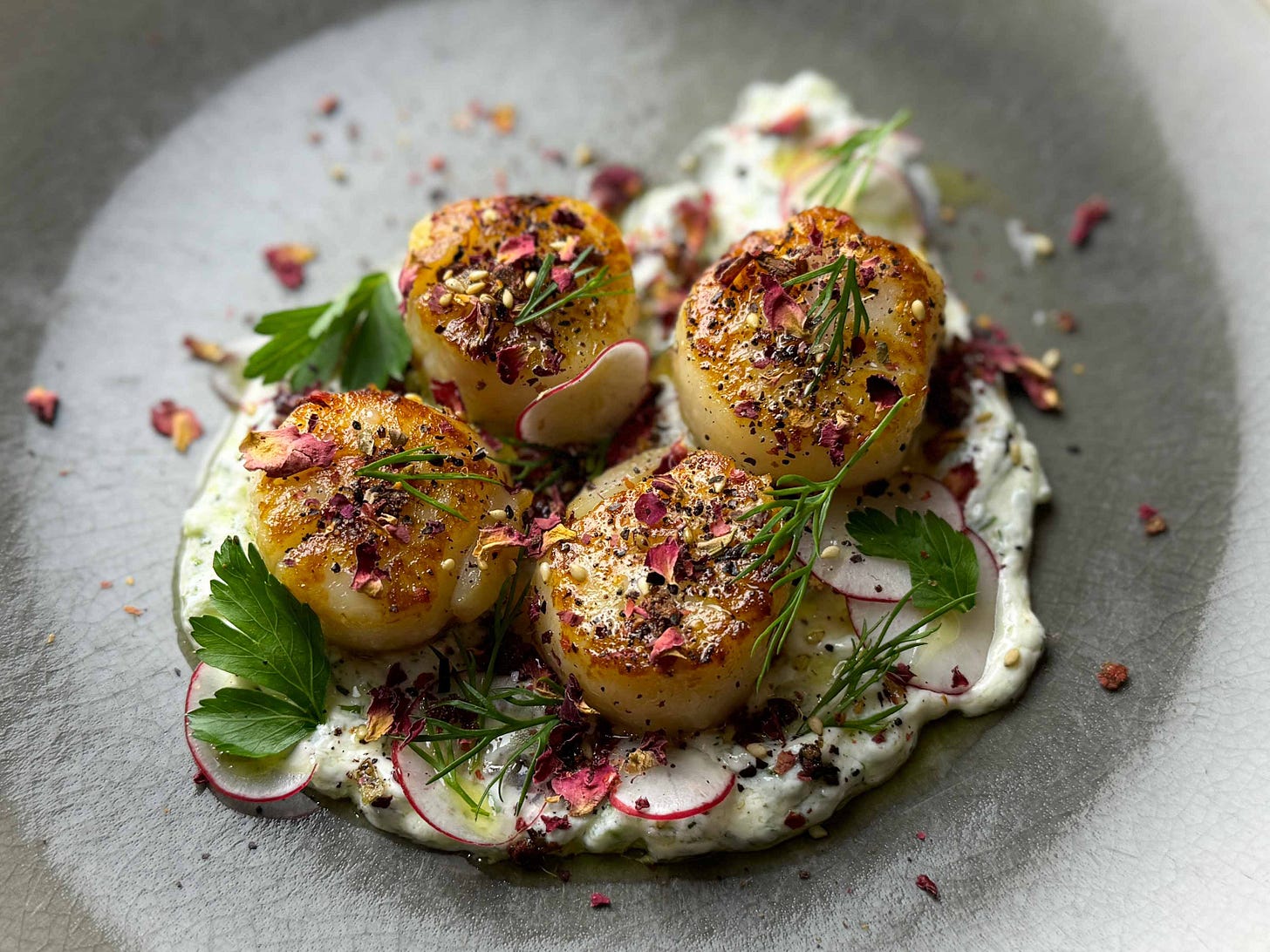Cookbook criticism on trial
The internet wonders why bad books are rarely taken to task. Plus a sneak preview of José Andrés' 'Zaytinya,' including a marvelous recipe, and what's cooking for Easter/Passover.
“Where the heck is all the cookbook criticism?” That was the subject line yesterday of an email newsletter to which I subscribe — Paula Forbes’ Stained Page News. After dropping a mention of New Yorker writer Helen Rosner, Forbes referenced Lottie + Doof blogger Tim Mazurek, whose recent post “Cookbooks and Criticism” has started a digital ruckus. A snippet:
“Cookbooks, like all forms of cultural production, are mostly kind of bad. But unlike film, or literature, or even opera, they seem to exist within a culture of very strange universal praise because nobody really engages with cookbooks critically. They receive press. They appear on lists of the season’s best books compiled by editors who often have not read or cooked from them.”
I do agree that there are a whole lot of bad cookbooks published every year. Part of our mission at Cooks Without Borders is to ferret out and celebrate the good and great ones. To do so, I cook from …



